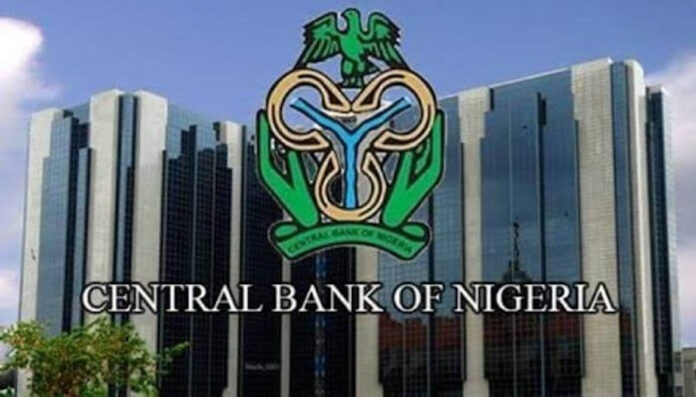How CBN Reforms Are Reshaping Nigeria’s Tech Investment Landscape
Nigeria’s ongoing economic reforms, spearheaded in large part by the Central Bank of Nigeria (CBN), are beginning to reshape investor perceptions of the country, positioning it as a promising frontier market for global capital flows—particularly in technology. In a recent analysis, Michael McGaughy, founder of the Research Alpha fund and a veteran with nearly four decades of experience navigating emerging markets across the Asia-Pacific, likened Nigeria’s current investment potential to Indonesia in the aftermath of the Asian Financial Crisis. His comparison is not made lightly; it suggests that Nigeria, with the right structural adjustments, is on the brink of a period of accelerated growth that could reshape its economic profile for decades.
At the core of this optimism is the CBN’s series of bold monetary and fiscal coordination measures aimed at stabilizing the naira, attracting foreign exchange inflows, and restoring investor confidence. Policies such as the unification of exchange rates, the reduction of backlogs in foreign exchange settlements, and increased transparency in the FX market have reduced uncertainty—one of the major deterrents for foreign investors in the past. These moves have sent strong signals that Nigeria is serious about creating an investment-friendly environment. The banking sector, long seen as a pillar of the economy, has also been a beneficiary of this stability, with improved liquidity and renewed access to foreign funding windows.
The ripple effects of this macroeconomic stabilization are becoming particularly evident in the tech sector. Nigeria’s technology ecosystem, already home to some of Africa’s most valuable startups, is now attracting interest from institutional investors who previously hesitated due to currency volatility and repatriation challenges. With clearer FX policies and a more predictable macroeconomic framework, venture capital firms and private equity players are finding it easier to model risk and project returns on Nigerian tech investments. For a sector that thrives on cross-border financing, this policy shift could be a catalyst for a new wave of growth.
Tech infrastructure, too, stands to benefit from this new era of investor confidence. Multinational cloud service providers, fintech operators, and digital infrastructure firms are increasingly viewing Nigeria as a viable long-term base for West African operations. The CBN’s ongoing collaboration with the Ministry of Communications, Innovation and Digital Economy to streamline payment systems and support fintech regulation adds another layer of appeal for global tech investors. As digital payments, blockchain applications, and AI-driven services become mainstream in Nigeria, the regulatory and monetary stability provided by the CBN’s reforms will be critical in sustaining momentum.
However, McGaughy’s comparison to post-crisis Indonesia also comes with an implicit warning: reforms must be sustained, and gains must be consolidated. Indonesia’s success story was built on consistent policy direction and a commitment to opening its markets. Nigeria’s ability to follow a similar path will depend on maintaining fiscal discipline, curbing inflationary pressures, and continuing to invest in infrastructure that supports both industrial and digital growth. The challenge will be ensuring that the reform agenda is insulated from political cycles and short-term populism.
If Nigeria maintains its reform trajectory, it could see a surge in foreign direct investment not only in traditional sectors like oil and manufacturing but also in high-value digital services, renewable energy, and innovation hubs. In such a scenario, the CBN’s current measures may well be remembered as the turning point when Nigeria shifted from being a high-risk, high-reward gamble to a sustainable global investment hotspot—particularly in technology, where the potential for scalable, exportable solutions remains immense.
Shuaib S. Agaka
















